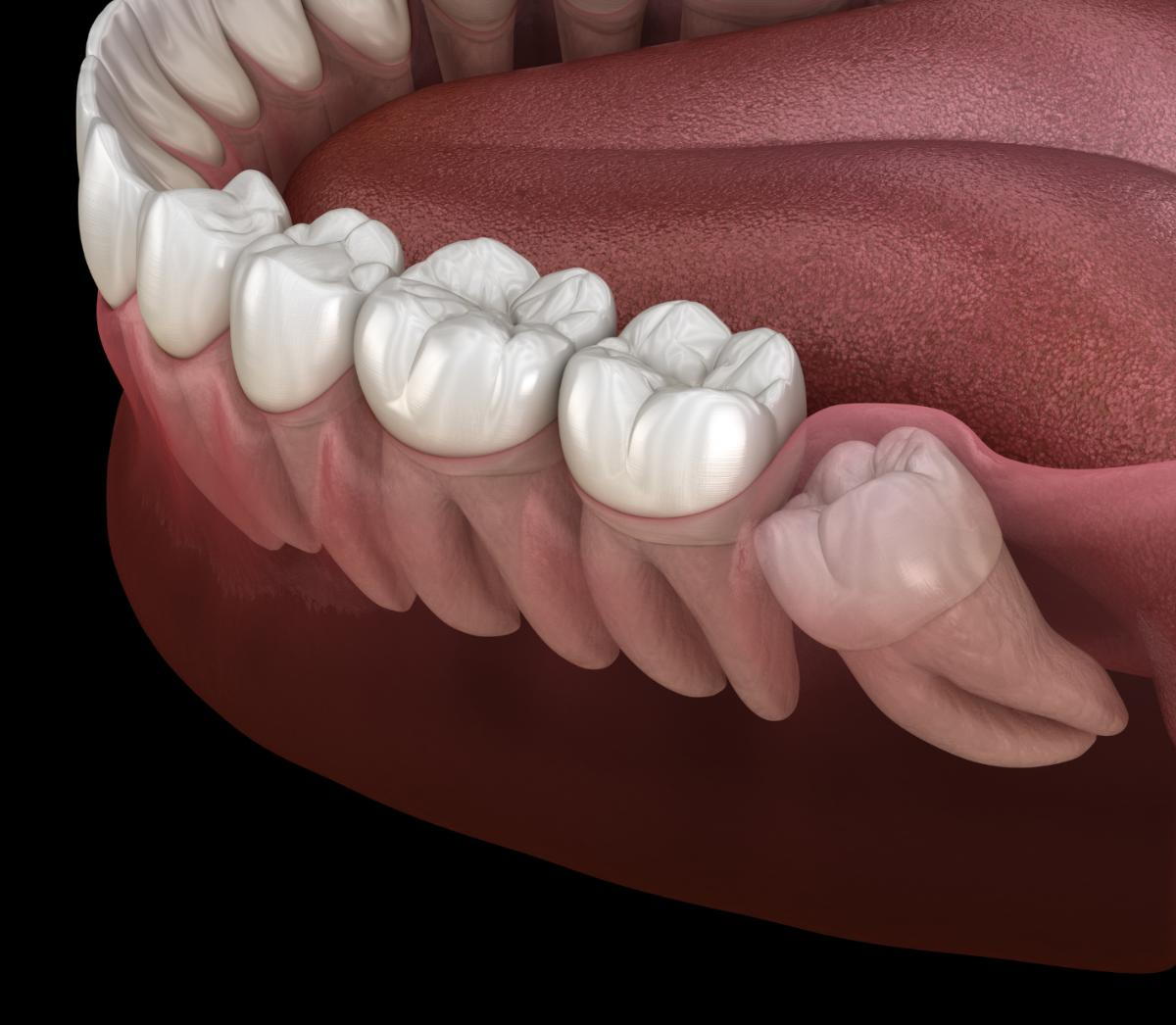
The Real Story Behind Extractions and Aftercare for Wisdom Teeth
Wisdom teeth are the third set of molars that are located at the back of your mouth, and they typically emerge between the ages of 17 and 25. Wisdom teeth can be a source of discomfort for some people, but for others, the issue may be due to the size of the teeth or their position in the mouth. In these kinds of situations, it's possible that the removal of the wisdom teeth will be required. This article will cover some of the most frequently asked questions regarding the extraction of wisdom teeth and the aftercare that follows the procedure.
Why do some people have to have their wisdom teeth extracted?
Wisdom teeth may have to be extracted if they are the source of discomfort, swelling, infection, or damage to the teeth that are adjacent to them. In addition, they can cause the surrounding teeth to become crowded or misaligned.
What are the steps involved in having your third molars extracted?
The extraction of wisdom teeth may be performed with either local or general anesthetic, in addition to sedation. An incision will be made in the gum by either your dentist or an oral surgeon, and the wisdom teeth will be extracted. The process could take anywhere from thirty to sixty minutes, and it could be completed in a single sitting or over the course of several sessions.
Following the extraction of your wisdom teeth, what postoperative care should you perform?
After having your wisdom teeth extracted, you need to make sure you get at least a day's worth of rest. Use ice packs to bring down the swelling, and be sure to take the recommended medication for the discomfort as directed. For the next several days, stay away from smoking, alcohol, and foods that are particularly hot or spicy. It is helpful to keep the inside of your mouth clean by gently rinsing it with warm salt water.
How long does it take to get back to normal after having your wisdom teeth extracted?
The length of time it takes to recuperate entirely after surgery ranges from three to seven days for the majority of patients, depending on the nature of the procedure. Depending on the severity of the pain and suffering you are experiencing, it is possible that you will need to take a few days off from work or school.
What are some of the potential risks associated with having your wisdom teeth extracted?
The removal of wisdom teeth comes with its own set of potential complications, much like any other surgical surgery. There is a risk of problems following the extraction of wisdom teeth, including bleeding, infection, injury to the nerves, and dry socket. Dry socket is a painful disease that occurs when the blood clot that forms in the socket after the tooth is extracted becomes dislodged.
The extraction of wisdom teeth is a frequent treatment that, in addition to relieving discomfort, can help avoid future dental issues. It is imperative that the appropriate aftercare recommendations be followed in order to facilitate the healing process and reduce the likelihood of experiencing any issues. If you have worries about your wisdom teeth, you should talk to your dentist or oral surgeon to find out if it is necessary to have them extracted.
